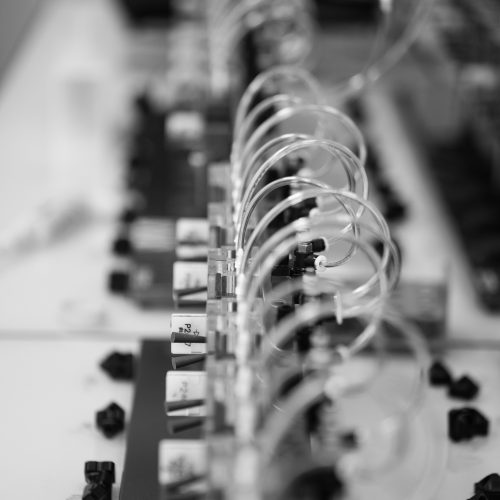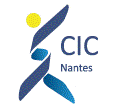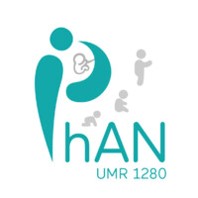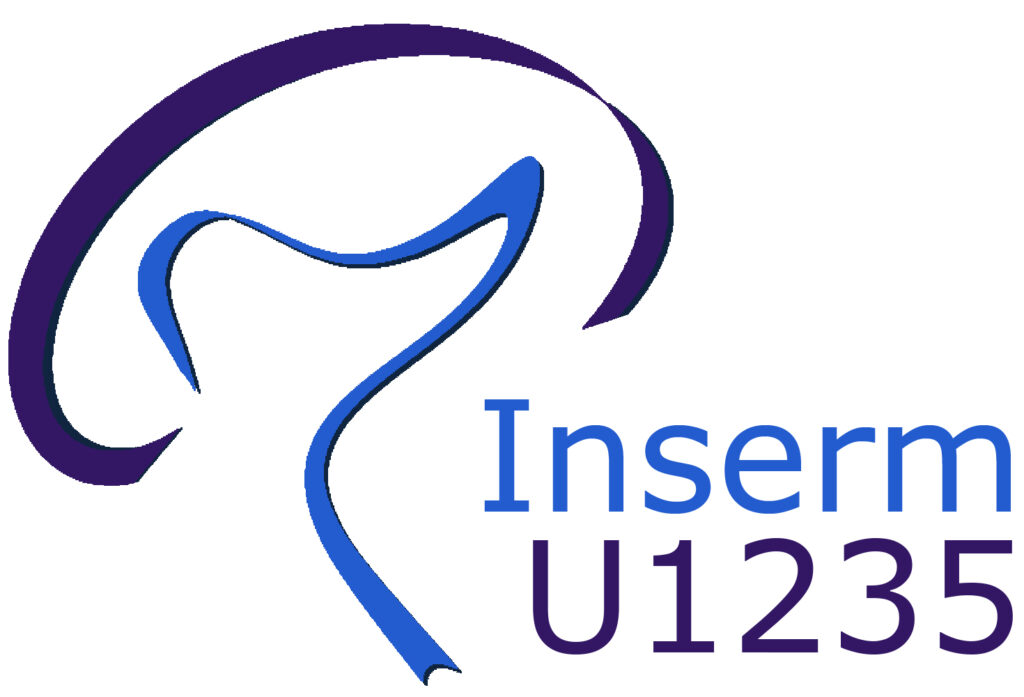
The research approach of the Institute of Digestive Diseases (IMAD) is aimed at gaining a better understanding of the mechanisms of the digestive system, both in normal conditions and in the context of disease. The work is carried out in strict compliance with ethics and current legislation on human and animal experimentation.
Through projects carried out locally and in collaboration with international centers, our goal is to develop new therapeutics, new diagnostics and preventive strategies.
One Clinical Investigation Center
Two research units:
Find examples of Institute the latest fundamental and translational research projects HERE (in French).

CIC-IMAD
CHU de Nantes Hotel Dieu
2e étage aile Nord
1 place Alexis Ricordeau
44093 Nantes Cedex 1
DIRECTION
Pr Arnaud BOURREILLE (HGE-AN /TENS) Co-director
Pr Emilie DUCHALAIS (CCDE / TENS) Co-director
Contact Address : e-mail
The Clinical Investigation Center (CIC-IMAD), formerly CIC-Gastro Nutrition, is IMAD’s “human-applied research” facility. CIC-IMAD is a specialized clinical and translational research facility.
Integrated in 2001 to the CIC clinical investigation center in Nantes University Hospital, of which it is one of the three founding teams. CIC-IMAD‘s mission is to organize and supervise the research protocols proposed to patients, ensuring optimal safety, quality, and ethical conditions.
Its proximity to the healthcare services and various research units of IMAD is a major asset for the development of translational research projects.
Led by Prof. Arnaud BOURREILLE (HGE-AN department / TENS) and Prof. Emilie DUCHALAIS (CCDE department /TENS), the team is made up of 12 people (coordinators, nurses, engineers, and technicians) who are qualified and trained in good clinical research practices.
At CIC-IMAD, more than 90 studies in all areas of gastroenterology and digestive surgery are conducted in parallel. More than 900 patients participated in these studies in 2024, helping to advance medicine and surgery for patients.
A Technical Thematic Committee (TTC) composed of clinicians, researchers, biologists, and pharmacists is responsible for evaluating all new clinical research projects prior to their implementation and throughout their duration.

UMR-1280 PhAN
CHU de Nantes Hotel Dieu – HNB1
1er étage aile Nord
1 place Alexis Ricordeau
44093 Nantes Cedex 1, FRANCE
DIRECTION
Dr Hervé BLOTTIERE (Director)
Dr Gwenola LE DREAN (Co-Director)
Contact
T. +33-(0)2 53 48 20 02
Contact form : LIEN
The Physiopathology of Nutritional Adaptations Laboratory (PHAN UMR1280 Inrae-Nantes Université)
The first 1000 days of life, including pregnancy, represent a critical period for the development of the
fetus, newborn and child, significantly influencing their future health.
The goal of the PhAN lab is to determine how early events (fetal and neonatal period) such as malnu-
trition, exposure to xenobiotics (e.g., drugs, pesticides), and parental metabolic status increase the
risk of cardio-metabolic diseases (e.g., diabetes, obesity, hypertension) and psychiatric disorders later
in life. This programming underlies the memory of these perinatal events potentially carried by epige-
netic marks, neurodevelopmental defects and abnormalities in the structuring of key metabolic
organs. The PhAN lab investigates the programming of the microbiota-gut-
brain axis and its role in the risk of chronic diseases in adulthood. Specifically (but not exclusively),
the laboratory explores the effects of perinatal undernutrition using a translational approach which
includes animal models and monitoring cohorts of children. The research also examines the role of
placental flows and maternal milk in these processes.
The unit’s research themes are organized into 4 closely intertwined axis :
• Axis A: Demonstrating the impact of parental nutrition and metabolic status on nutrient transport/
metabolism, epigenetic regulation of gene expression and its consequences for the child’s growth,
metabolic health and psycho-cognitive development.
• Axis B: Understanding the mechanisms by which the mother’s nutritional and metabolic status
influences intestinal functions (integrity of the barrier, endocrine and immune functions) and the risk
of digestive pathologies (e.g., chronic inflammatory diseases, etc.) but also metabolic diseases (e.g.,
deregulation of food intake and energy homeostasis).
• Axis C: Investigating the mechanisms through which the maternal nutritional and metabolic status
affects cognitive function and the acquisition of eating behaviors.
• Axis D: Demonstrating the role of the microbiota as an early determinant of mental and metabolic
health

UMR-1235 TENS
Faculté de Médecine de Nantes
4e étage
1 rue Gaston Veil
44035 Nantes, FRANCE
DIRECTION
Dr Michel NEUNLIST (Director)
Contact form : LINK
The Enteric Nervous System in Gut and Brain Disorders Laboratory (TENS UMR1235 Inserm-Nantes Université).
The unit is organized as a single-theme, single-team unit in which all projects focus on studying the interactions of the enteric nervous system with its microenvironment (intestinal epithelial cells, immune cells, microbiota) and their impact on intestinal functions in both health and disease, including chronic digestive disorders and central nervous system disorders. These diseases have been identified based on (1) the importance of intestinal dysfunction in pathophysiology; (2) the involvement of clinicians with expertise in the diseases of interest; and (3) the development of partnerships with their clinical departments to promote and strengthen research into intestinal and CNS disorders.
The TENS laboratory is structured around five main areas of research and one emerging area focusing on:
1) Neurodevelopmental disorders;
2) Inflammatory bowel diseases;
3) Digestive cancers;
4) Neurodegenerative disorders (Parkinson’s disease and Alzheimer’s disease);
5) Spinal cord injury disorders;
6) Infectious diseases (emerging focus area)
In recent years, the unit has also made considerable efforts to develop innovative in-house facilities, some of which have been developed in close collaboration with local units. These facilities include: a) an organoid facility (GALOP – ION), b) an imaging facility (using full-field optical coherence imaging), c) a functional exploration facility for the intestine, enhanced with an electrophysiology facility (patch clamp; collaboration with UMR Inrae Phan), and behavioral testing d) a bioinformatics facility to process and analyze multi-omic datasets (microbiota, RNAseq, metabolomics, lipidomics).